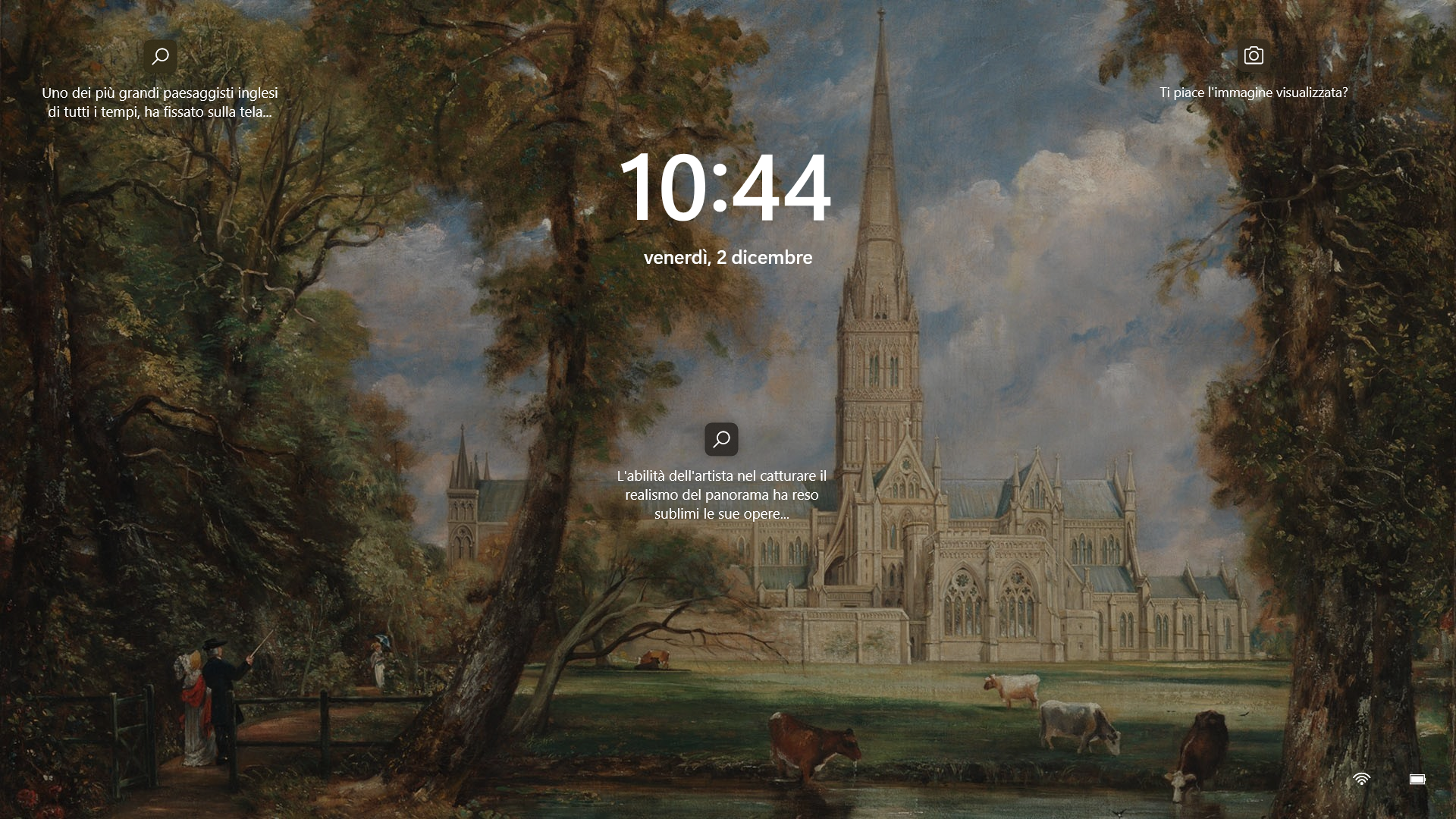The passion I didn’t know.
- You tube:
Conversation with… Franca Centaro.
Shared from www.youtube.com - ‘Accademia d’Arte del Dramma Antico’, ‘I Convegno degli Studi coreutici sulla danza e messa in scena’ December 15/17, 2016 / ‘Lezione spettacolo di Dario La Ferla’ – Photo and video by Franca Centaro.
“When I turned fourteen, my father[1] Orazio Centaro gave me my first camera : I had recently moved from Rome, where I was born, to Siracusa, which is my father’s hometown. Maybe he gave that camera to me as a joke, I myself had always seen him grappling with equipment and materials for photography, at home we even had the darkroom for developing the film. Indeed, that process of creation really seemed like magic to me, reserved for him!”
However, when what your father puts in your hands is something resembling his own work equipment, it may happen that you feel like putting yourself to the test : Franca Centaro did just that, initially for herself, but little by little realizing that photographing allows you to draw to affections you had never known and that nobody imagined indeed.
To her, as a young girl grown up somewhat in the shadow of her father’s exuberance and professionalism, it seemed unrealistic that photography becomes also ‘her’ own job : for example she wouldn’t leave the security of her administrative employment to focus on the camera, also if in the meanwhile her own production began to emerge, differing from her father’s. The passion has always been for Franca towards the reality of people, the specialty of everyone, in deep respect for what she encountered.
In 2008 a further gift – this time by her husband Vito Ancona – a digital camera with potentials to her unknown, then the experimentations about dance and about ‘tango’ with the novelty of those movements and lights, and finally the unexpected success in the first photography competitions, definitely convinced her to a professionalism that only a few years earlier she couldn’t have imagined. In 2010 she was accredited as stage photographer at I.N.D.A.[2] Foundation of Siracusa that takes care of classical performances at the ‘Greek Theatre’.
“In theater, photography asks me to know the text of the play, this year for example ‘Medea’ will be represented, directed by Federico Tiezzi : it is a tragedy that still today questions us because Medea remains a shocking character, difficult to empathize, and her drama, her massacre, still remains almost a twist of events… But it is indispensable also for the photographer to go into her, before shooting I focus on what I want to achieve, that’s how I can catch a detail that becomes a photographic shot.”
The word itself, ‘pathos’, which in the ancient Greek language opposed to ‘logos’ as generally ‘emotional and not rational’, today is synonymous with ‘Theatre’ and closely concerns the capacity to excite ‘pathos’ in the spectator who watches the work.[3] And it is in this astonishing human laboratory which is the ‘Accademia d’Arte del Dramma Antico’ that photography turned for Franca into the demanding profession she never suspected.
“Here photograpy comes into as a component of rehearsals, the students work knowing that I am photographing them and perhaps, from the result of a photo, of a short video from the lesson, they learn about their own preparation, they set out to correct, to redo, to perfect…”
Participating to the representations of the ‘Teatro Antico’ season is for the students an essential value offered by the Accademia, even if the time professionally required to rehearse a play which will be performed is just a few weeks.
“I myself witness an absolute transformation, when in about one month each one of them ‘becomes’ his own, or her own, character… And the top of this ‘human’ transformation is experienced in the backstage, just before going on stage : it applies to both students and professional actors.
Working with them you realize that technical reliability is one with the person ‘fixing’ their emotions, their working hours, their frailties too. Until you build trust, even just a nod, and sometimes even friendships that remain.”
At care of Marina Bilotta Membretti / Cernusco sul Naviglio – May 25, 2023
[1] Orazio Centaro was born in Siracusa, but for decades he has lived in Rome where he has been an excellent professional photographer in the cinema and theater environment.
[2] I.N.D.A., acronym of ‘Istituto Nazionale Dramma Antico’, was established in 1998 but their cultural activities about the ‘Greek Theater’ of Siracusa had begun since 1914, thanks to the promoting committee desired by Mario Tommaso Gargallo.
[3] You can see also https://www.youtube.com/watch?v=qtEa4vZi4XU&t=198s ‘Anime e pathos’, Video fotografico di Franca Centaro per la Mostra fotografica 6 dicembre 2017 - Università degli Studi di Roma ‘Tor Vergata’, Facoltà di ‘Lettere e Filosofia’.




